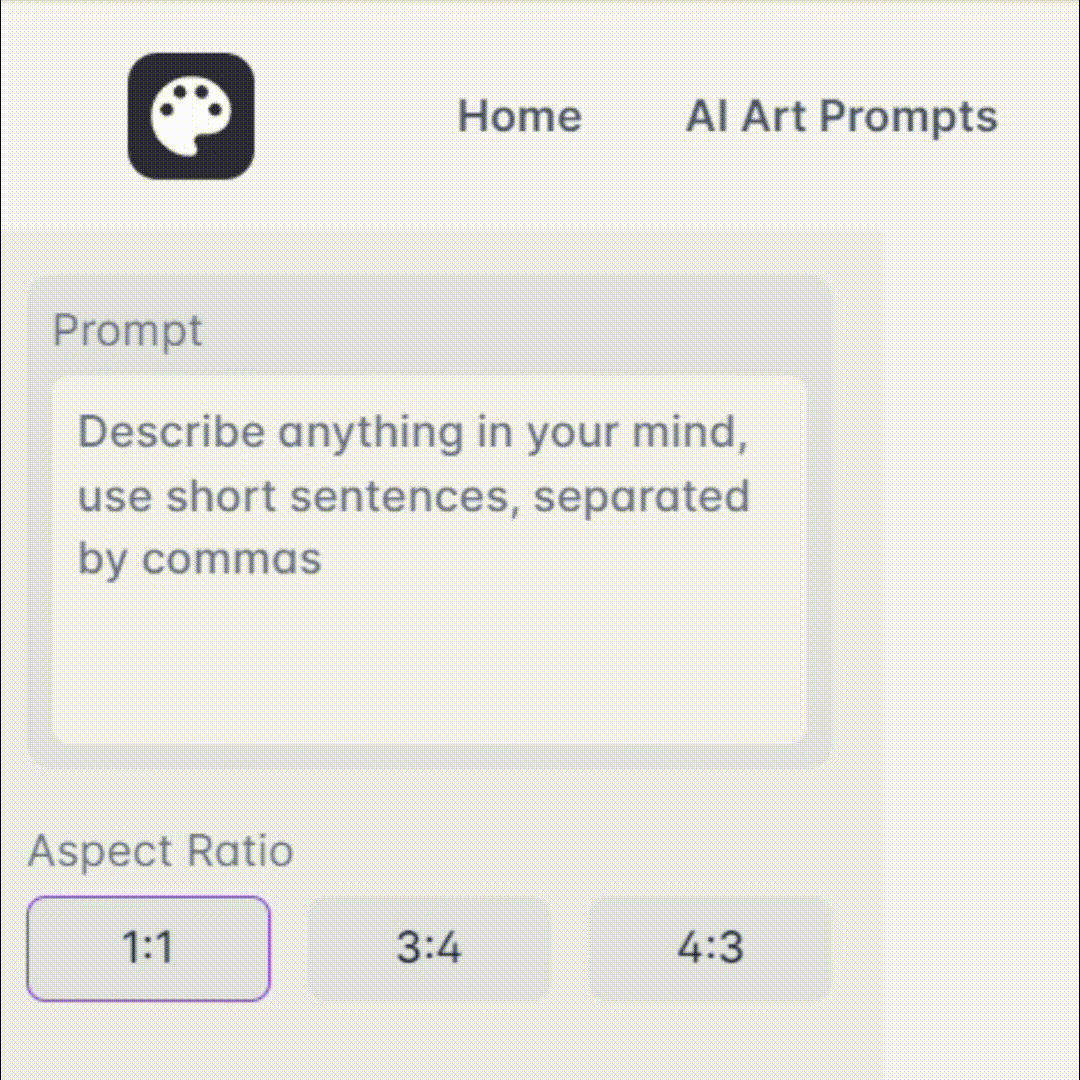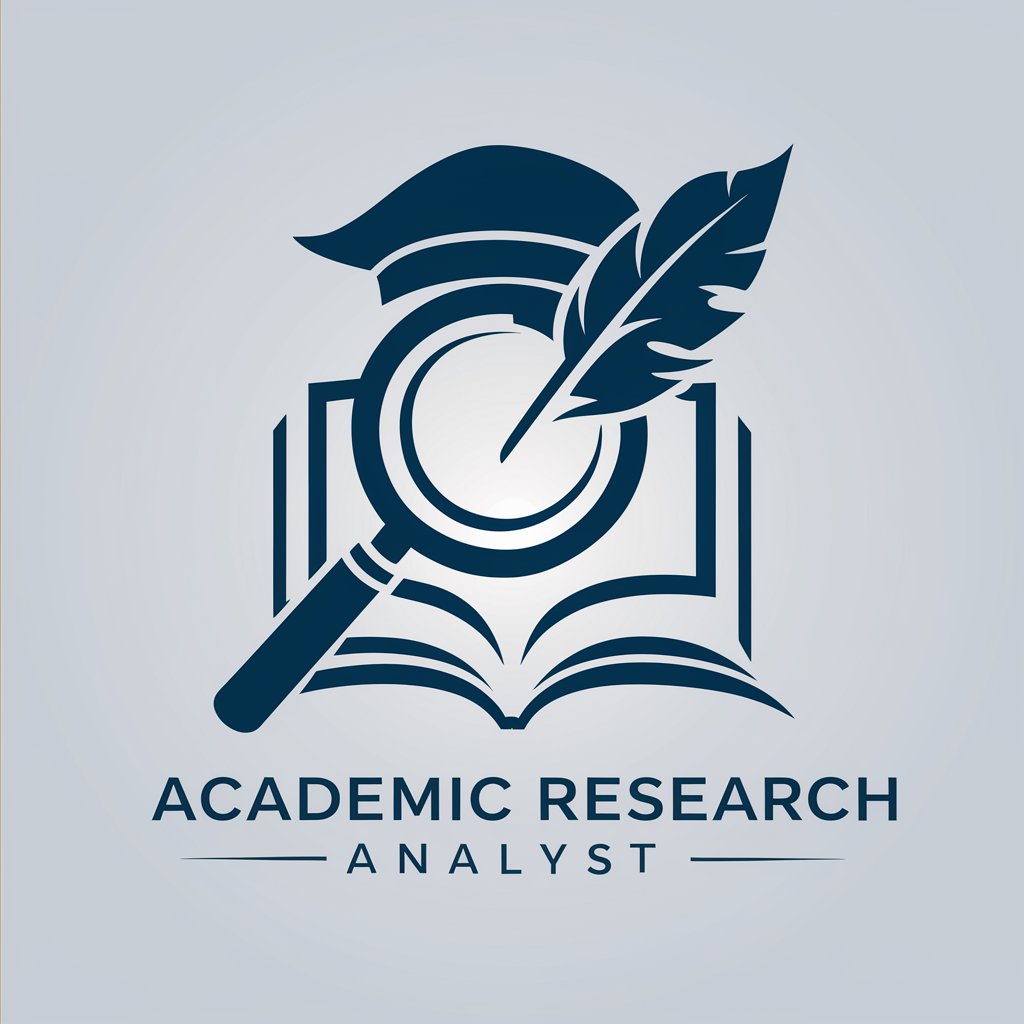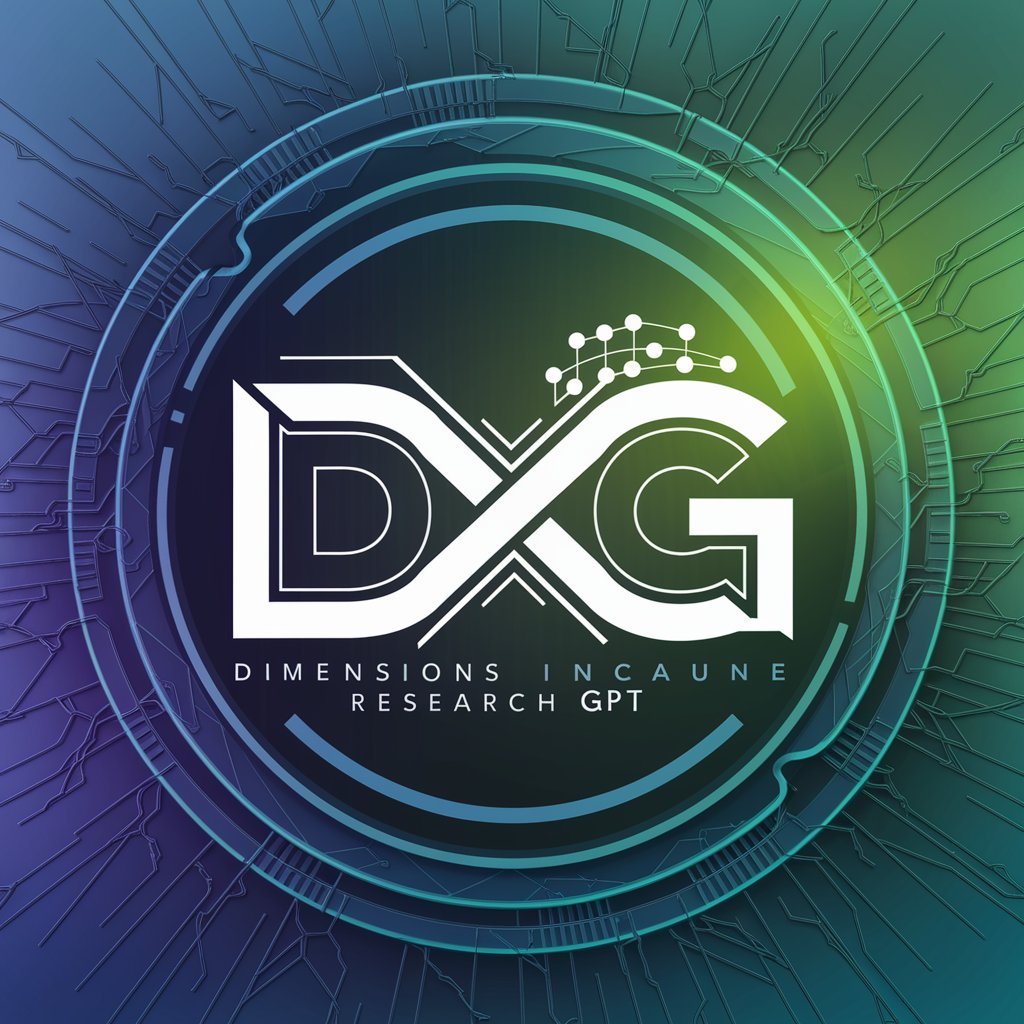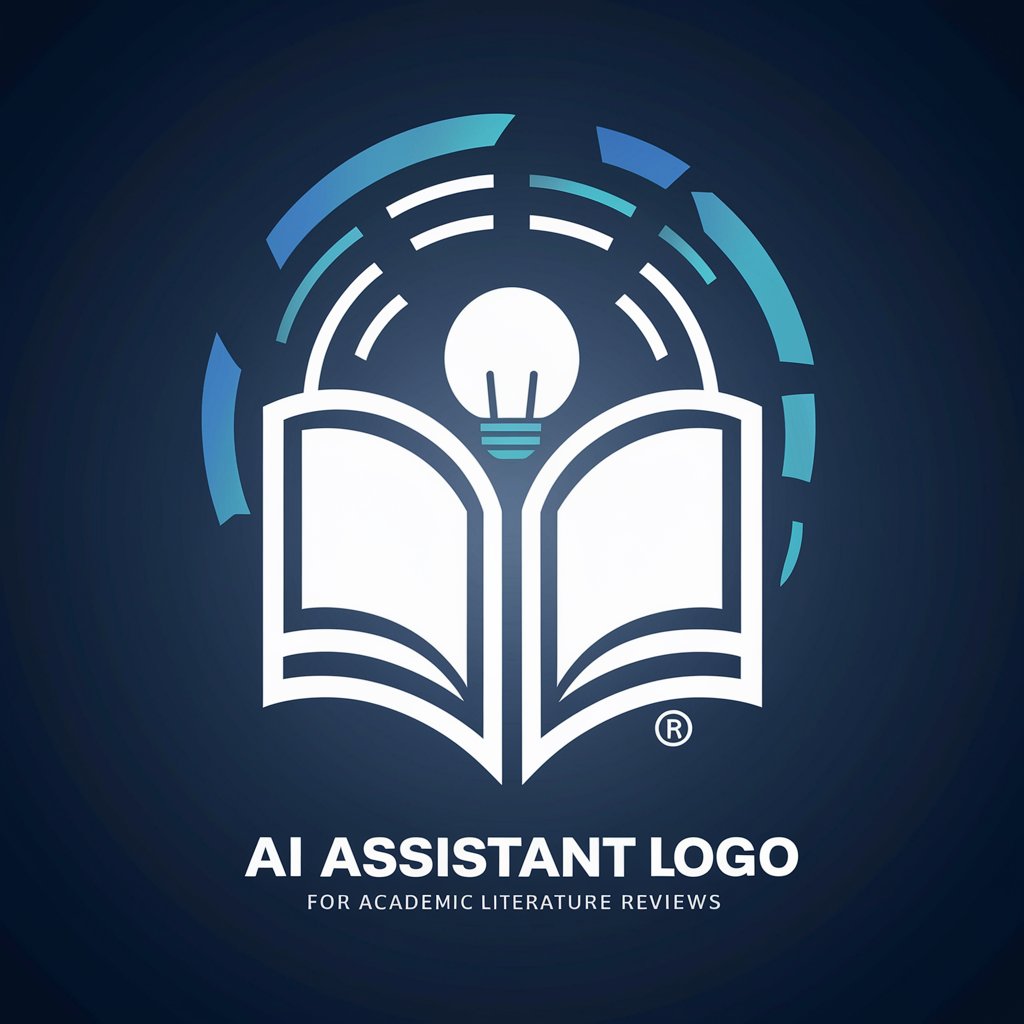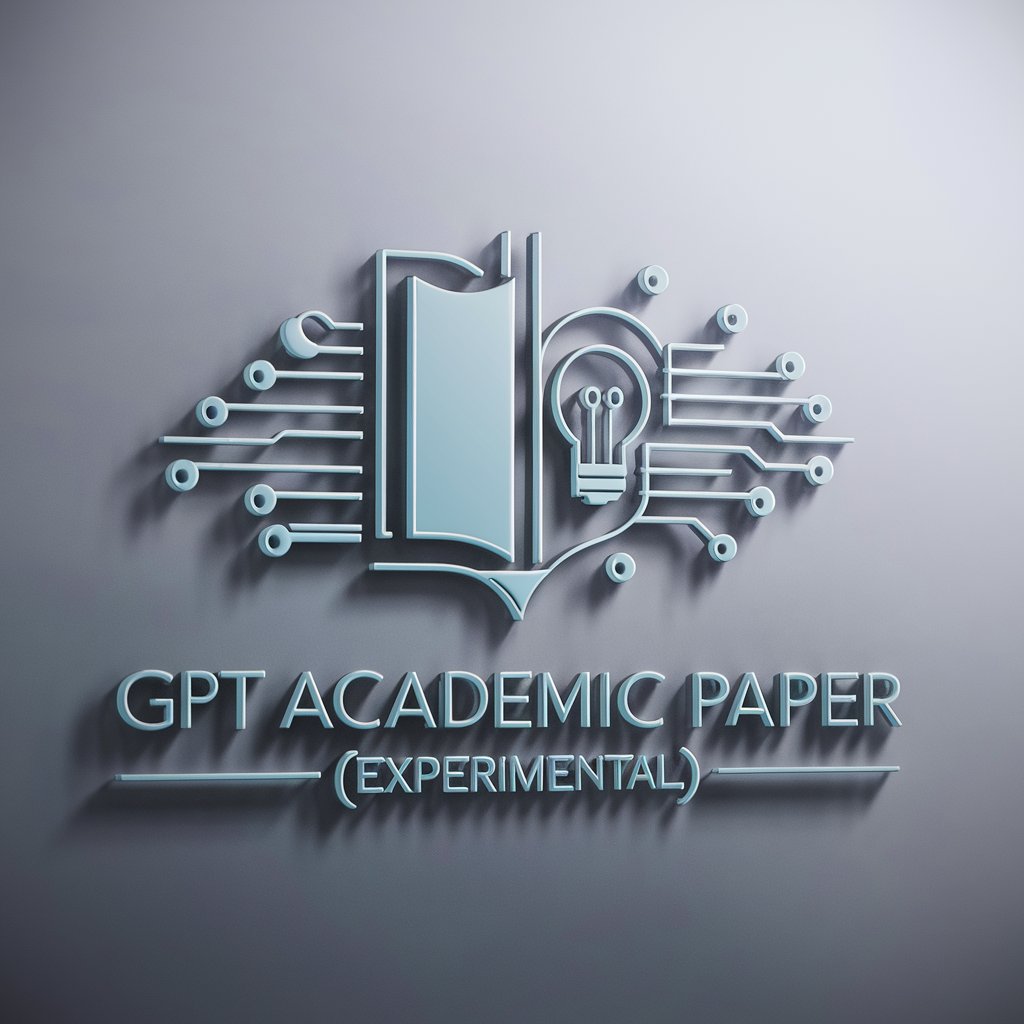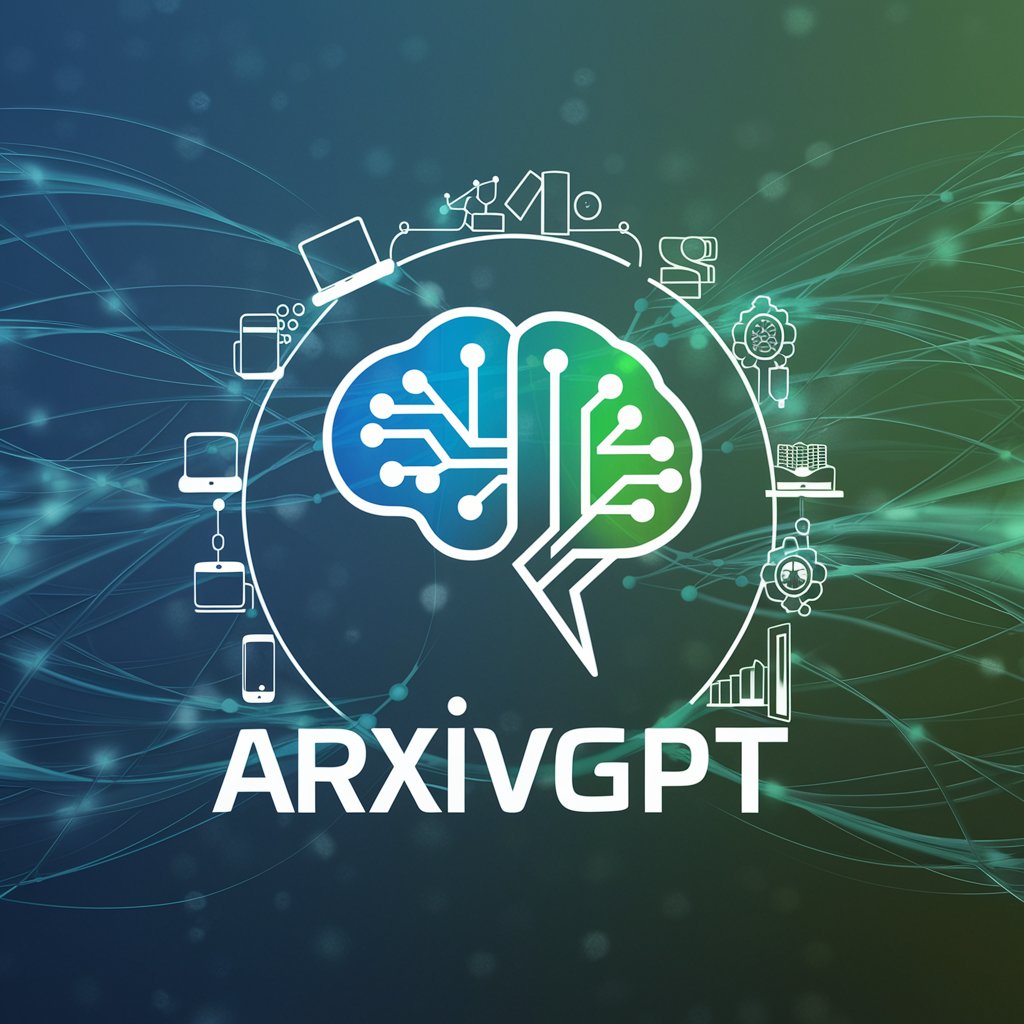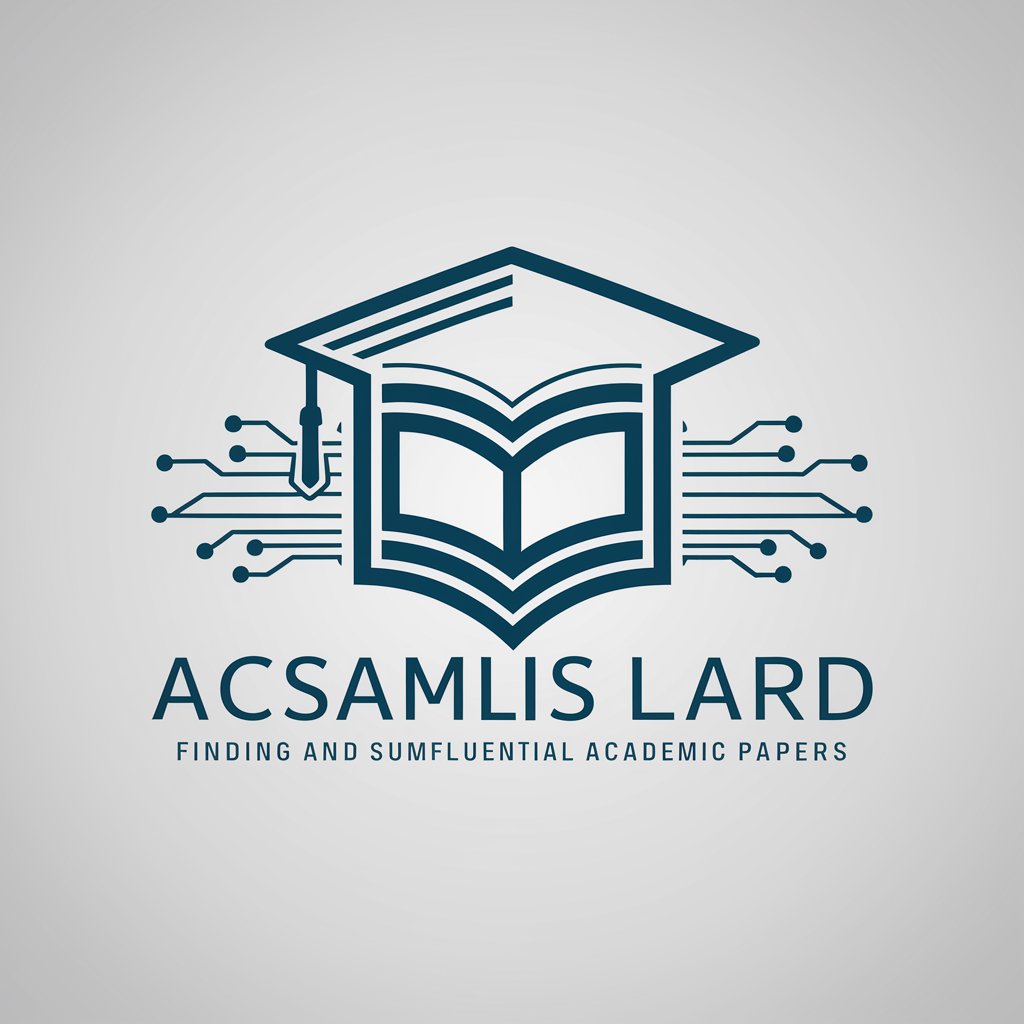
Academic literature search and review GPT - Academic Research Tool
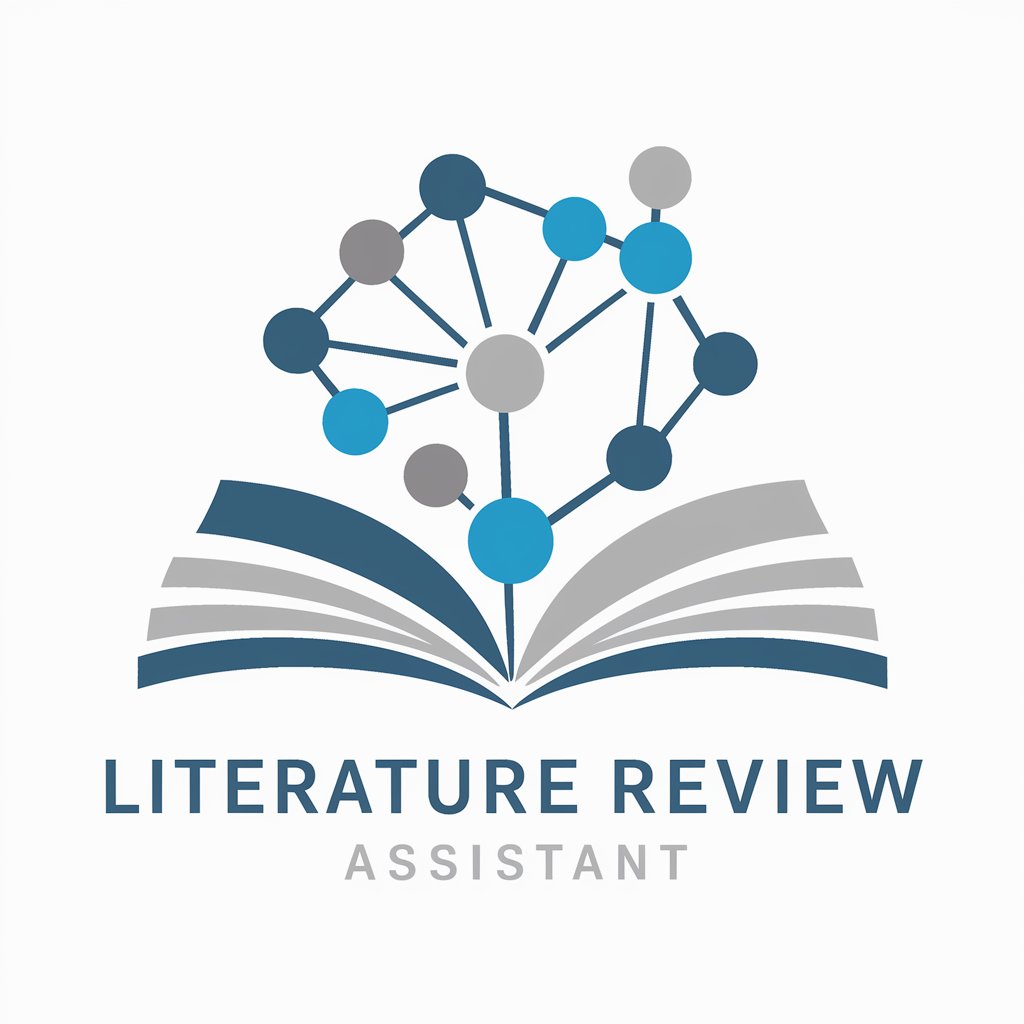
Welcome to your academic literature review assistant.
Empowering Academic Research with AI
Conduct a comprehensive literature review on
Analyze recent advancements in
Summarize key findings related to
Compare and contrast different studies on
Get Embed Code
Introduction to Academic Literature Search and Review GPT
Academic Literature Search and Review GPT is designed as an advanced digital assistant for academics, researchers, and students, facilitating systematic literature searches and reviews across a broad spectrum of academic databases. This GPT model is tailored to assist users by accessing high-quality scholarly sources, synthesizing findings, and presenting them in a structured academic format. For instance, a user conducting research on the epidemiology of asthma could use this GPT to pull relevant studies from PubMed, Scopus, or Web of Science, synthesize the data, and format the findings for inclusion in a review article suitable for a high-impact journal. Powered by ChatGPT-4o。

Main Functions of Academic Literature Search and Review GPT
Systematic Literature Search
Example
Accessing and reviewing articles from databases like PubMed or Cochrane to compile data on a specific disease epidemiology.
Scenario
A public health researcher prepares a meta-analysis on diabetes management strategies. They use this GPT to identify and collate randomized controlled trials (RCTs) that investigate various management techniques, resulting in a comprehensive review supported by current and relevant studies.
Data Extraction and Variable Analysis
Example
Identifying and categorizing research variables from studies to understand trends or gaps in research.
Scenario
An academic is investigating the impact of digital learning tools on educational outcomes. This GPT aids in extracting variables such as student engagement, academic performance, and retention rates from selected studies, presenting these in an organized format for further analysis.
Synthesis of Information into Cohesive Summaries
Example
Condensing findings from multiple studies into a single, coherent document that offers a narrative on the existing knowledge and identifies areas needing further investigation.
Scenario
A scholar writing a review article on the role of artificial intelligence in healthcare benefits from using this GPT to summarize and integrate findings from diverse sources, crafting a narrative that highlights the advancements and challenges within the field.
Ideal Users of Academic Literature Search and Review GPT Services
Academic Researchers
Scholars and researchers who need to stay updated with the latest research findings, synthesize vast amounts of data, and prepare scholarly articles. They benefit from the GPT’s ability to access multiple databases for comprehensive reviews and data synthesis.
Graduate and PhD Students
Students working on their theses or dissertations can utilize this GPT to manage the extensive research necessary to support their academic arguments and literature reviews, ensuring depth and breadth in their research coverage.
Healthcare Professionals
Medical practitioners and clinicians interested in the latest clinical trials and reviews to inform their practice or contribute to medical journals. This GPT supports their need for quick, accurate reviews of current literature tailored to specific medical queries.

Guide to Using Academic Literature Search and Review GPT
1
Access a free trial at yeschat.ai, with no login or ChatGPT Plus subscription required.
2
Define your research question or topic clearly to guide the search and review process effectively.
3
Use specific keywords or phrases related to your academic field to fetch relevant literature from respected databases.
4
Review the generated summaries and bibliographies, and adjust search terms as needed for more precise results.
5
Utilize the tool's capability to analyze and categorize data from the literature for comprehensive understanding and application.
Try other advanced and practical GPTs
Dutch Tutor
Master Dutch with AI-powered guidance

温州广场路小学智慧助理
Empowering Education with AI

HTML Message Wizard with Designer Mode
Design HTML with AI-Powered Visuals

Helge's Programmer TypeScript / HTML / JS
Empowering development with AI assistance
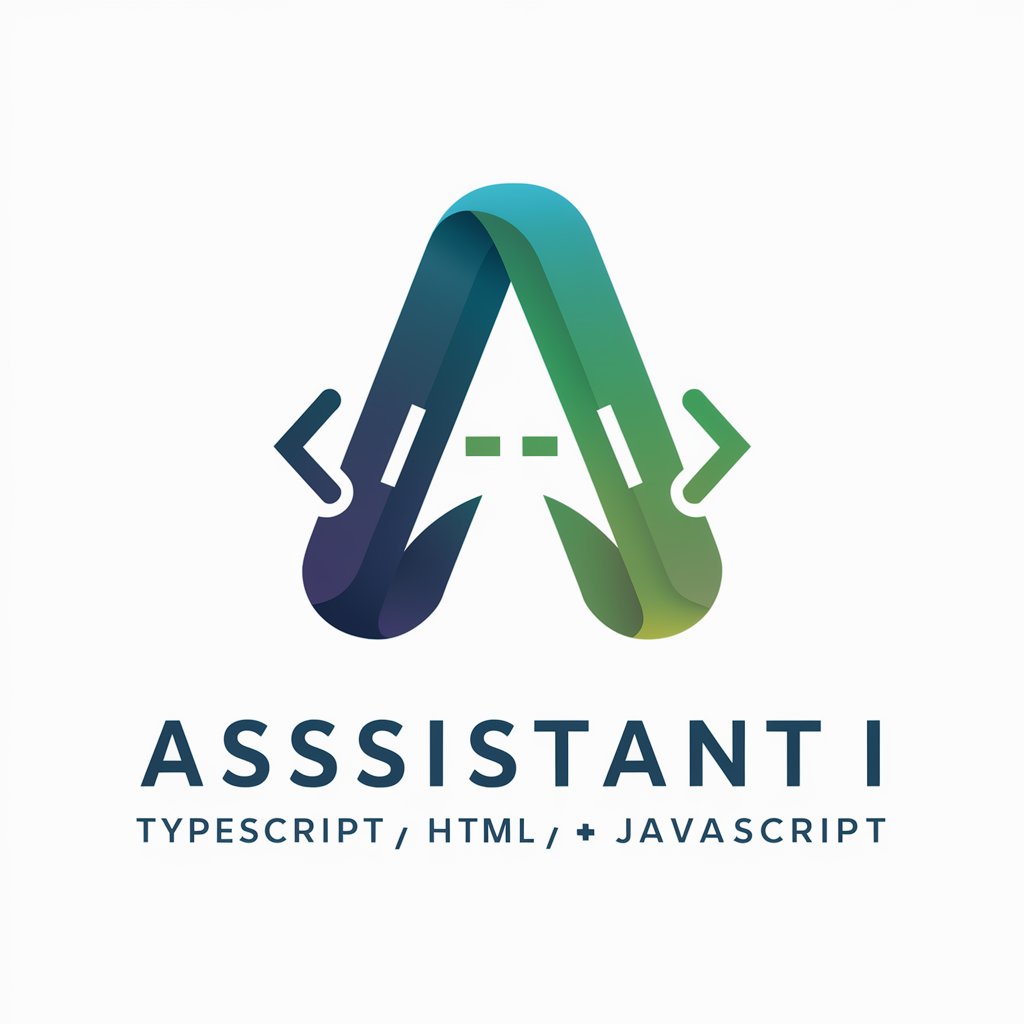
Children's coloring book KDP
Craft Colorful Moments with AI

Practice Negotiating & Get Feedback!
AI-Powered Negotiation Practice & Feedback

海龟汤游戏
AI-powered mystery solving challenges.

Fast Book Reader
Accelerate your reading with AI
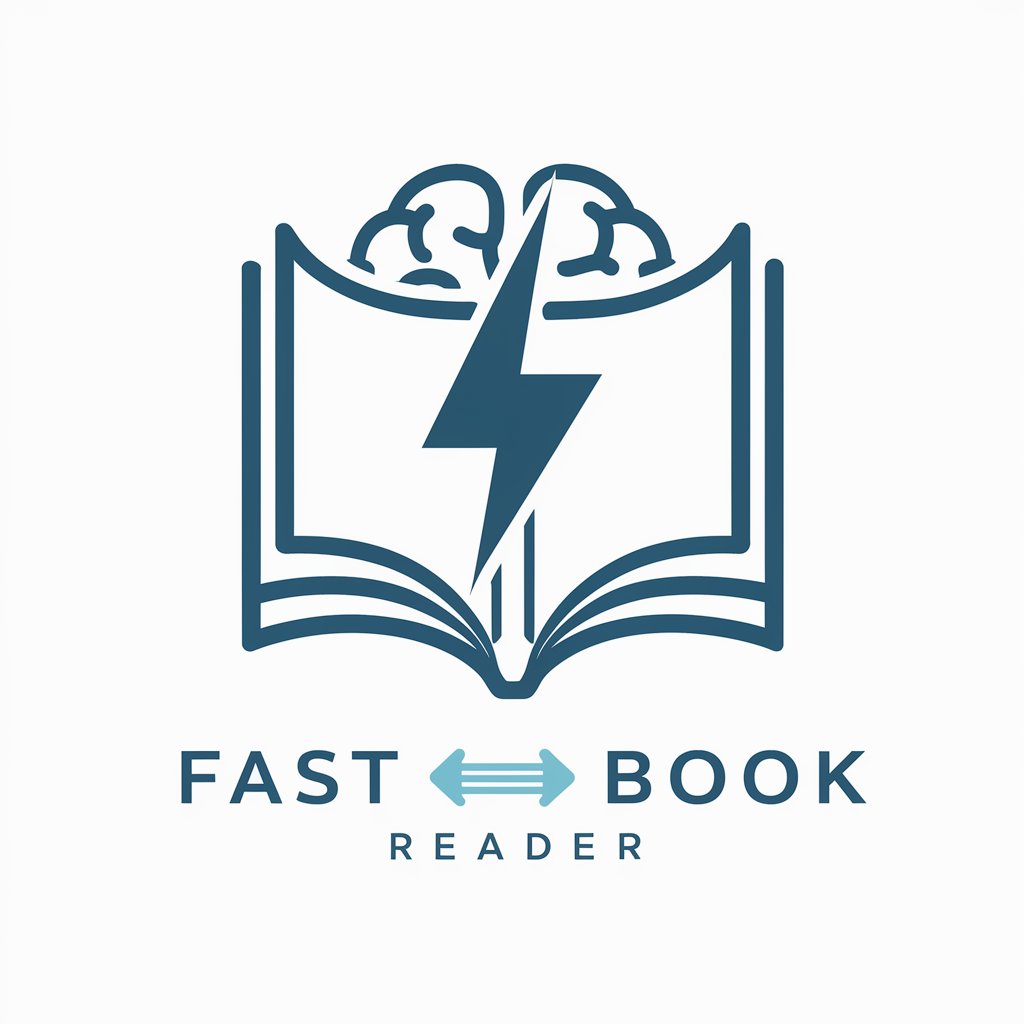
Trending Post Hooks
Engage instantly with AI-driven hooks
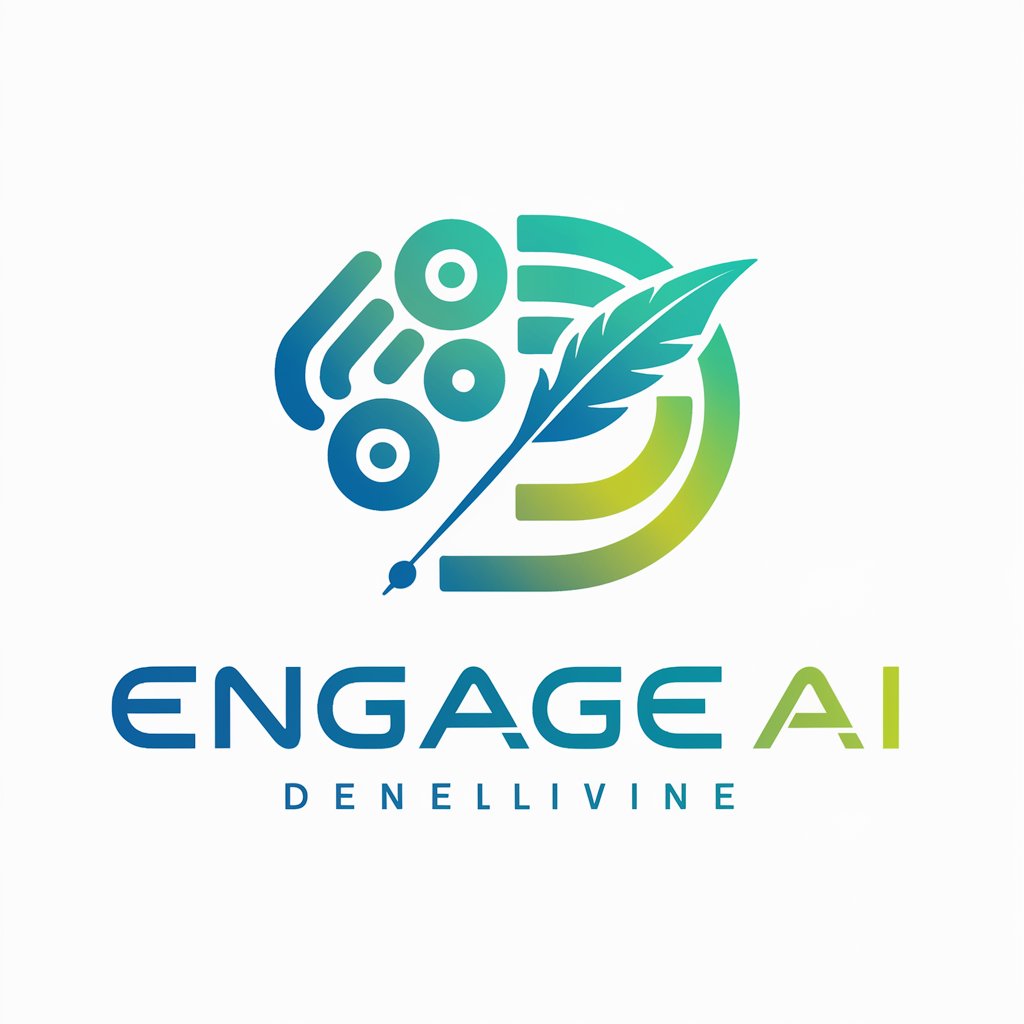
Power App Pro
AI-driven App Development Simplified

Vedicastrologer.ai
Unlock Your Cosmic Potential

Comment on a Medium.com post/article
Elevate Medium interactions with AI-powered comments.

Frequently Asked Questions About Academic Literature Search and Review GPT
What academic databases does the Academic Literature Search and Review GPT access?
It accesses a range of academic databases including PubMed, Scopus, Cochrane, and others, ensuring comprehensive and credible academic sourcing.
Can this tool help in writing a literature review?
Yes, it assists in systematically collecting and synthesizing research from multiple sources into a cohesive summary, suitable for high-impact academic journals.
Is this tool suitable for all academic disciplines?
Yes, it is versatile and can be adapted to various fields by adjusting the search parameters and keywords relevant to specific disciplines.
How does the tool handle data analysis from academic sources?
It identifies and categorizes variables from tables and figures, and analyzes statistical significance from the results section of studies.
What are the best practices for using this tool effectively?
Clear definition of research topics, use of specific keywords, and regular refinement of search queries are key practices for effective use.
